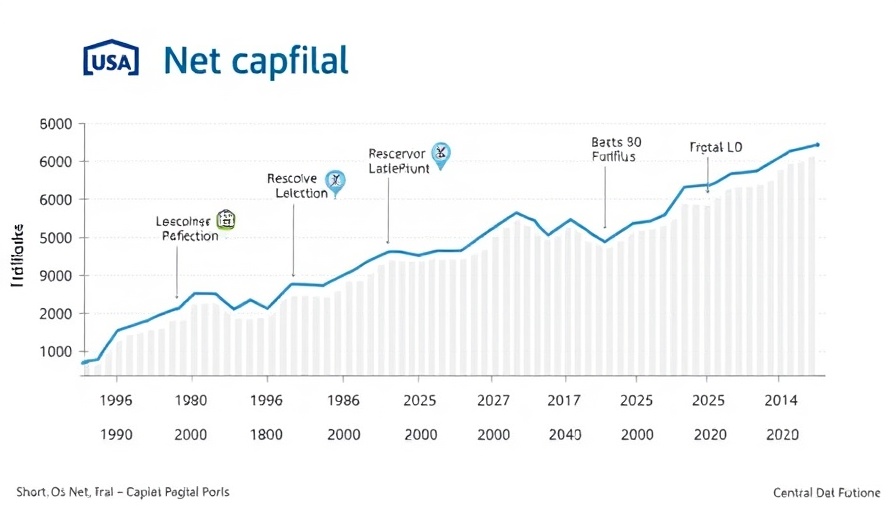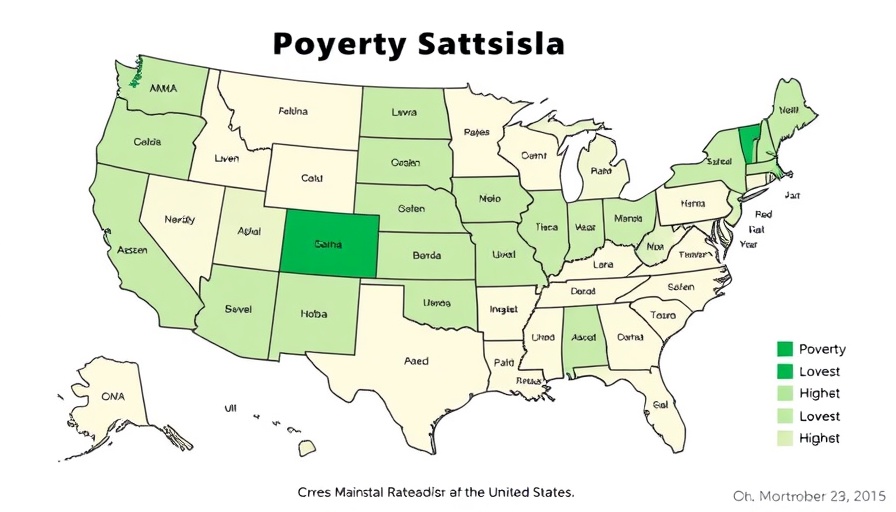
The Impact of DOGE’s Office Lease Cancellations on Philadelphia
As the Department of Government Efficiency (DOGE), headed by Elon Musk, moves to streamline federal operations, nearly 20 office leases across Greater Philadelphia are now slated for cancellation. This shift reflects a broader strategy aimed at reducing ineffectiveness and decreasing government spending, recently revealed through a comprehensive list on DOGE’s website.
Understanding the Lease Cuts: A Cost-Saving Strategy
The estimated savings associated with these cancellations amount to more than $4.93 million annually, covering nearly 183,000 square feet of office space. Significant leases based in iconic buildings, such as the Securities and Exchange Commission in One Penn Center and the Department of Education in the Wanamaker Building, are at the forefront of this initiative.
By terminating the SEC lease, which had been set to expire in 2029, DOGE anticipates saving approximately $4.26 million. In contrast, information regarding potential savings from the Department of Education lease remains unspecified, despite it set to conclude in 2026.
The Wider Implications for Commercial Real Estate
This cancellation trend brings attention to the evolving landscape of commercial real estate, particularly as it relates to federal needs. While aiming to save taxpayer money, DOGE's actions also raise questions about the future of workspace as remote operations gain traction. If remote work remains the norm for federal employees, how will this reshape urban centers like Philadelphia?
Reactions from the Community and Stakeholders
The feedback from local stakeholders has been mixed, with concerns surrounding the efficiency of government operations versus the potential economic impact on the commercial real estate market. The General Services Administration echoed the sentiment of taking proactive measures to optimize building utilization and reduce liabilities, which suggests a more strategic approach to government operations moving forward.
As the community digests these changes, it's crucial to consider how diminished federal presence in iconic areas may shift the dynamic of local businesses that rely on government employees frequenting these neighborhoods.
Future Predictions: What Lies Ahead?
As DOGE continues its path of budgetary diligence, similar moves could be anticipated across the nation. The rollout of mass modifications—simultaneously terminating several leases—is indicative of a decisive shift in how government entities manage their physical presence in urban environments. As federal agencies reassess their needs, could Philadelphia's future be marked by a greater reliance on remote engagements?
This recalibration of the federal footprint presents an opportunity for city officials, local businesses, and real estate developers to rethink strategies, ensuring that Philadelphia remains vibrant and responsive to both public and private sector needs. As tenants adapt to the ever-changing landscape, collaborations between private enterprise and government could unveil new pathways for growth and resilience.
Act Now for Local Insights
In the light of these significant changes in office space leases, concerned residents and stakeholders must stay informed and proactive. Consider engaging with local civic discussions, real estate forums, and community planning meetings to voice opinions and support initiatives that enhance the urban landscape. Preparing for shifts in the market means embracing the changes head-on, ensuring Philadelphia thrives in a transforming world.
 Add Row
Add Row  Add
Add 




Write A Comment